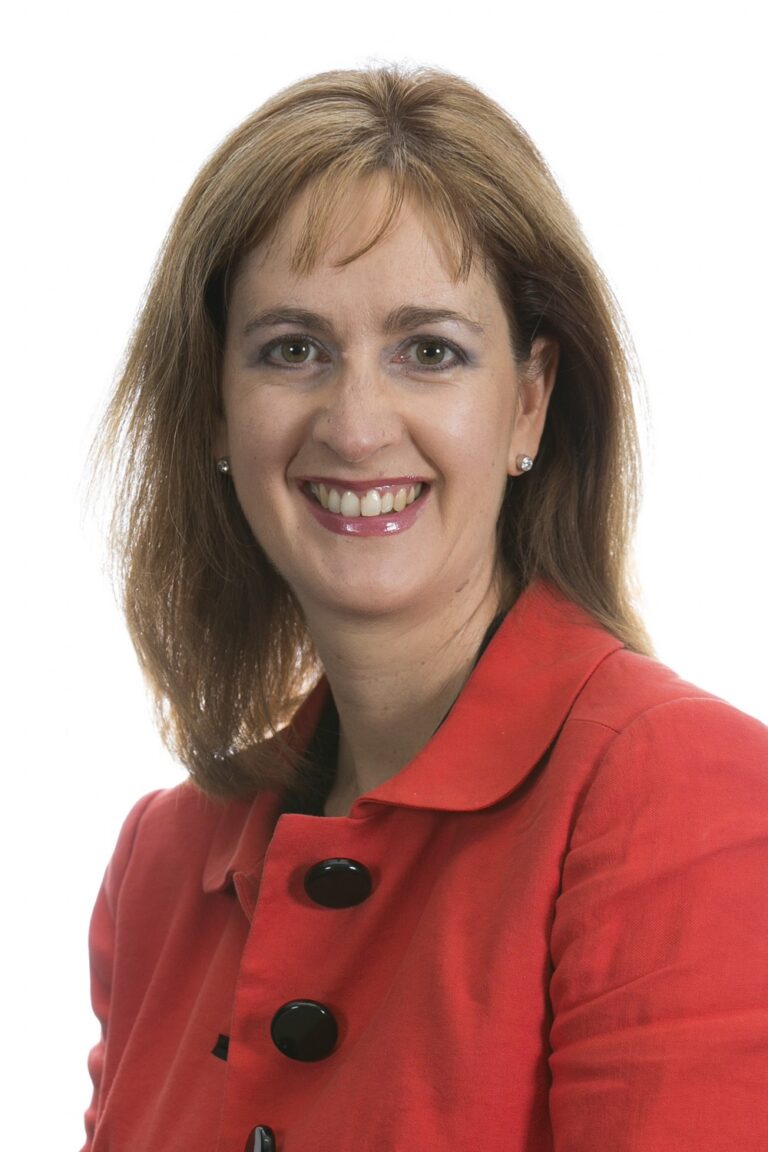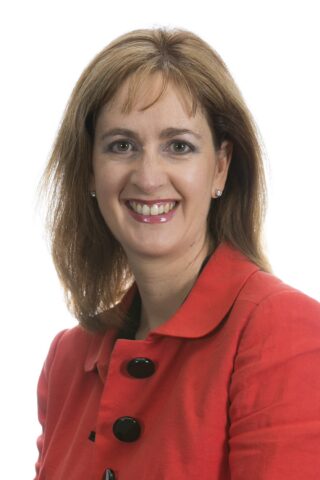- Entry type: Person
- Entry ID: AWE5715
Hill, Jenni
(1968 – )
- Occupation Lawyer, Partner, Solicitor
Summary
After ten years as a partner at Norton Rose Fulbright, and four years prior to that at Bennett & Co., Jenni Hill is now (2016) a partner at the Perth office of international law firm, Clifford Chance. She is a litigation specialist, representing clients in the energy and resources sectors, and advising on corporate and shareholder disputes and investigations.
Committed to promoting equality of opportunity in the legal profession, Hill was a joint winner of the Western Australian Women Lawyers Association Woman Lawyer of the Year award in 2011. When at Norton Rose Fulbright, she chaired a Workplace Flexibility focus group. She is on the board of CEOs for Gender Equity, an initiative of the Western Australian Equal Opportunity Commission launched in 2014 to promote gender equity in the corporate sector. A woman who is ‘astute at picking her battles’ and developing strategies ‘for the long term’, she intends to change discriminatory corporate cultures by asserting influence from within.
Jenni Hill was interviewed by Nikki Henningham in the Trailblazing Women and the Law Oral History Project. For details of the interview see the National Library of Australia CATALOGUE RECORD.
Details
Except for a couple of years when her family lived in England, Jenni Hill grew up in Hobart, Tasmania, moving to Canberra in 1981, where she finished her schooling. Both her parents were teachers, a fact she is sure contributed to her ‘not remembering a time when she didn’t think she would go to university’. The excellent education she received at both the Friends Quaker School in Hobart and Canberra Church of England Girls’ Grammar made it certain. Hill graduated with a BSc/LLB (Hons) from the Australian National University in 1992. She was admitted as a solicitor in Western Australia and the High Court of Australia in 1994.
Before graduating, Hill received many graduate offers from Sydney based firms but decided to make the move to Perth, where she had been offered a position as associate to Justice Walsh of the WA Supreme Court. A preference for the lifestyle options available in smaller cities, along with some personal connections (her best friend from university days, (the Hon. Justice) Janine Pritchard, had moved across to Perth), convinced her to stay, rather than return to Sydney to take up her graduate offer. What she hadn’t counted on was the time and effort it took to find a local firm to take her on to complete her articles; preference was given to local graduates, despite her excellent CV and experience. Fortunately, a colleague who she had worked with at the Supreme Court offered to put in a good word for her with Martin Bennett at Bennett & Co, and her career in litigation in Perth was launched. Thus, the experience of discrimination, as well as the importance of networking, were demonstrated very early as she progressed up the ladder.
From her time as an associate, Hill had early exposure to criminal law but from that experience decided it wasn’t for her. She, nevertheless, wanted to do court work. She had always imagined herself a litigator; she enjoyed mooting as a student (she was a member of a successful all women team in her fourth year at university) and enjoyed the process of preparing and presenting an argument. Fortunately, working at a smaller firm, like Bennett & Co. gave her the opportunity to forge a career in litigation where court appearances were common, even for less experienced lawyers. Large top tier firms were less like to give recent graduates that sort of control and experience. From those early days, she has developed a reputation in Perth that has earned the respect of colleagues and clients alike.
While developing a profitable practice and seniority in the industry, Hill has also felt a deep responsibility to improve corporate and legal cultures to promote and encourage diversity, not only in terms of gender, but also with regard to ethnicity and age. Recognising that her education has created opportunities for her she feels a responsibility to ‘use [her] sphere of influence to change what [I] can … to assess whether I have influence or power in a situation and then to use that for good’. This led her to be involved in initiatives such as the Workplace Flexibility task force when she was at Norton Rose Fulbright and the Western Australian Opportunity Commission project, CEOs for Gender Equality. She hopes that these types of initiatives will make combining work and family life easier for women and men coming through. She doesn’t accept the view of some more senior figures, who faced challenges and ‘pulling up the ladder after them’ say ‘well it was hard for me, it can be hard for you, too’. ‘I don’t accept that,’ she says. ‘It’s like saying I got bullied at school so you should be bullied so you know what it feels like’.
Understanding where she is most effective means that she might not ever end up at the Bar. ‘That used to be a personal dream,’ she say, ‘but at the moment I actually think that my sphere of influence is probably better placed in the role that I have now.’ Working in a large, global firm, ‘diversity is a key issue’ …. There are fantastic opportunities for me to try to leave a lasting legacy.’ She hopes she can be part of a change, working from within. ‘I really do strongly believe that there is an obligation on… senior women to speak up and to try to change.’
Archival resources
Digital resources
Published resources
-
Site Exhibition
- Australian Women Lawyers as Active Citizens, http://www.womenaustralia.info/lawyers/biogs/AWE5715b.htm
